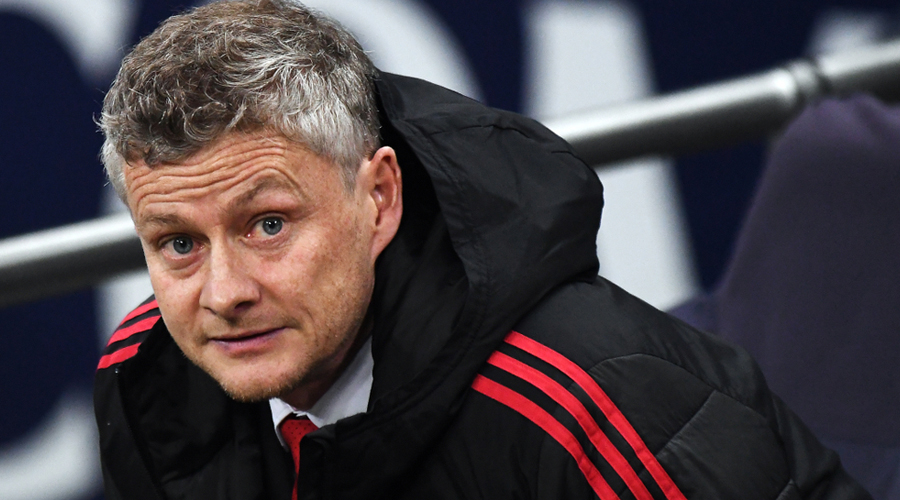Manchester United had not done it after a humiliation by Liverpool. And the club’s executives had managed to tolerate the sight of Manchester City’s cruising to victory at Old Trafford while barely breaking a sweat. After each defeat, Ole Gunnar Solskjaer, the manager who had overseen both calamities, somehow remained in his post.
He could not, though, survive a third. Solskjaer had promised, two weeks on since that defeat against Manchester City, that his team would react, that it would use the embarrassment as fuel for the rest of the season. Instead, his squad, one of the most expensively assembled in soccer’s long and lavish history, went to Watford — struggling at the foot of the Premier League, the sort of team United used to swat aside — and contrived to lose on Saturday, 4-1.
That was the end. A board meeting was called. A decision was made. Solskjaer, a favourite son finally out of rope, was out.
“Ole will always be a legend at Manchester United and it is with regret that we have reached this difficult decision,” the club said on Sunday in a statement that seemed to take pains to avoid saying Solskjaer had been fired.
“While the past few weeks have been disappointing, they should not obscure all the work he has done over the past three years to rebuild the foundations for long-term success.”
The decision to remove him, though, did little to resolve the uncertainty around United’s future. United said Michael Carrick, Solskjaer’s assistant and another former United player, would take over on an interim basis “while the club looks to appoint an interim manager to the end of the season.” That decision raised new questions about the direction of the club.
Saturday’s defeat had seemed to spark a sudden shift in the players’ attitudes. United’s squad had, for the most part, remained staunchly behind Solskjaer.
After the loss at Watford, though, United’s long-serving goalkeeper David De Gea acknowledged that it appeared his team did not “know how to defend.” He bemoaned his colleagues’ tendency to give up a host of “easy chances, easy goals.” For the first time, that view appeared to be shared by United’s hierarchy, too.
He could not have been surprised. Solskjaer returned to Old Trafford almost exactly three years ago, answering his former team’s distress signal after the firing of Jose Mourinho. His reign has been variable in the extreme: mercurial, in a kind light, and violently erratic, in a harsher one.
He sent out a team that eliminated Paris Saint Germain from the Champions League. He reached a Europa League final. He finished (a distant) second to Manchester City in the Premier League.
But he also failed to harness all of the richly talented players at his disposal into something approaching a coherent unit. He lost home games to the lesser lights of the Premier League at an alarming clip. He lost that Europa League final. He did not win a trophy. After the 0-5 defeat to Liverpool last month, he was subjected not just to anger and pity but also to ridicule.
In a way, his departure is vindication of his belief in the importance of United’s history. To tolerate three humiliations, Liverpool and Manchester City and Watford, would have been to betray how Manchester United sees itself; how Solskjaer sees it. To be true to what the club is, United had no choice but to part ways with the man who saw it as his job to maintain that standard.
(New York Times News Services)











